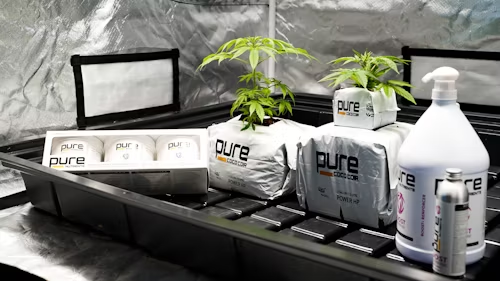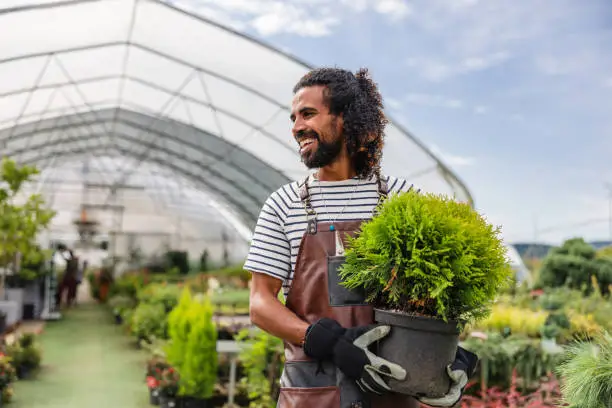Sustainable Agriculture: Cultivating a Healthier Lifestyle and Future
In today’s fast-paced, urbanized world, many people are returning to their roots—literally. A growing awareness of food origins, environmental concerns, and personal well-being has led to a lifestyle shift centered around sustainable agriculture. Far beyond farming practices, sustainable agriculture is influencing how we eat, live, and connect with the earth.
What Is Sustainable Agriculture?
Sustainable agriculture refers to farming practices that meet current food needs without compromising the ability of future generations to meet theirs. It emphasizes environmental health, economic profitability, and social equity. Unlike industrial agriculture, which often relies on heavy chemical use and mass production, sustainable methods focus on biodiversity, soil health, water conservation, and minimal environmental impact.
Techniques include crop rotation, organic fertilizers, permaculture, agroforestry, and using renewable energy sources. These methods support ecosystems while producing nutritious food—a win for both people and the planet.
A Lifestyle Rooted in Sustainability
What makes sustainable agriculture so compelling today is how seamlessly it blends into a broader lifestyle philosophy. As more consumers understand the importance of where their food comes from, they’re making changes in their daily habits—from what they eat to how they live.
Eating locally grown, seasonal produce not only supports small farmers but also reduces carbon emissions tied to long-distance food transport. It encourages home cooking, which in turn promotes healthier diets and less reliance on processed foods.
Home gardens, community-supported agriculture (CSA) programs, and farmer’s markets are booming. People are swapping supermarket shelves for soil, reconnecting with food by growing herbs on balconies or tending to backyard vegetable patches. Gardening has even become a form of therapy, helping reduce stress and promote mindfulness.
Agriculture Meets Wellness
Sustainable agriculture directly supports the wellness lifestyle. Fresh, organic produce contains fewer pesticides and more nutrients, contributing to better physical health. Foods grown in rich, living soil—free of synthetic chemicals—are naturally more flavorful and nutrient-dense.
But the benefits go beyond the plate. The slow, intentional rhythms of farming align with wellness practices like mindfulness, clean eating, and outdoor activity. Farm-to-table dining, once a niche concept, is now a global movement embraced by both chefs and health-conscious consumers. It encourages people to slow down, appreciate their meals, and recognize the labor behind each ingredient.
Many are also turning to agritourism—visiting farms or rural areas for recreational or educational purposes—as a way to reconnect with nature and escape the digital noise of modern life. This movement supports rural economies while offering enriching experiences to city dwellers.
The Role of Technology and Innovation
Sustainable agriculture doesn’t mean a return to pre-industrial methods. In fact, it thrives alongside innovation. Technologies like precision farming, drip irrigation, AI-powered crop monitoring, and vertical farming are making agriculture more efficient and less harmful to the environment.
Urban farming and rooftop gardens are making food production possible in cities, turning unused spaces into green oases. Hydroponics and aquaponics—soil-less growing systems—are being adopted in homes and schools, promoting self-reliance and education on sustainable practices.
These advances make it easier for everyday people to adopt aspects of agricultural living, even without owning land.
Building a Community-Centered Lifestyle
One of the most powerful aspects of sustainable agriculture is its ability to foster community. Through shared gardens, CSA memberships, food co-ops, and seed exchanges, people are connecting over common values: health, sustainability, and resilience.

This sense of community offers a counterbalance to the isolation often found in digital, urban lifestyles. It encourages cooperation, knowledge sharing, and mutual support—key ingredients for sustainable living on both a personal and societal level.
How to Embrace Agricultural Living
You don’t need to move to the countryside to live a life inspired by agriculture. Here are a few simple ways to integrate it into your lifestyle:
Grow Your Own Food: Start with herbs, tomatoes, or leafy greens in containers or a small garden plot.
Support Local Farmers: Shop at farmer’s markets, join a CSA, or choose locally sourced products.
Cook Seasonally: Learn to cook with what’s in season to align with natural growing cycles.
Compost: Turn kitchen waste into rich soil to reduce landfill use and improve your garden.
Learn and Share: Read about sustainable farming, visit local farms, and share knowledge with friends or online communities.
Final Thoughts
Sustainable agriculture isn’t just a farming method—it’s a lifestyle that promotes health, environmental stewardship, and intentional living. As more people seek meaningful, grounded ways to navigate modern life, agriculture offers a path forward. Whether through what you eat, how you shop, or how you spend your time outdoors, embracing sustainable agriculture is an investment in a healthier, more balanced future.

